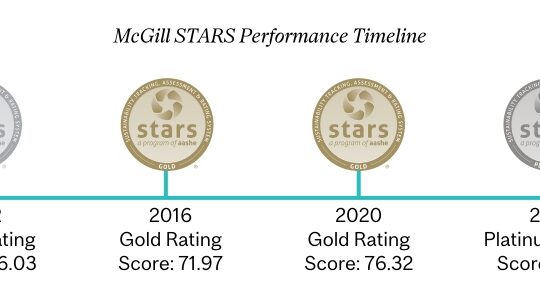Colorado ZEV clean truck standards showcase Colorado’s support for efforts to reduce greenhouse gas emissions from medium and heavy-duty vehicles, such as delivery trucks and buses.
Medium and heavy-duty vehicles (MHDVs) are a major source of greenhouse gas emissions in the United States. In 2020, MHDVs accounted for 23% of all transportation-related greenhouse gas emissions in the United States.
In April 2023, Colorado adopted a zero-emission vehicle (ZEV) standard for MHDVs, making it the first state in the US to do so. This means that a certain percentage of new MHDVs sold in the state will have to be zero-emission vehicles, such as electric or hydrogen fuel cell vehicles, starting in 2025.
The Colorado ZEV clean truck standard is expected to help reduce air pollution and improve public health while also creating new economic opportunities for the clean energy industry. The article notes that the move towards cleaner trucks is a step forward in the larger effort to address climate change and promote sustainability.
Colorado ZEV Clean Truck Standard
Colorado’s ZEV standard requires that 20% of new MHDVs sold in the state be zero-emission vehicles by 2025 and 30% by 2030. The standard applies to all MHDVs, including trucks, buses, and vans.
The Colorado ZEV clean truck standard is being phased in over enough time to give manufacturers time to develop and produce zero-emission vehicles. In the first phase of the standard, which begins in 2025, manufacturers can meet the requirement by selling a combination of electric and hydrogen fuel cell vehicles. In the second phase of the standard, which begins in 2030, manufacturers can only meet the requirement by selling electric vehicles.
The ZEV standard is expected to have a significant impact on the MHDV market in Colorado as well as other locations. In the first year of the standard, it is estimated that the market for electric MHDVs will increase by 100%. By 2030, it is estimated that the market for electric MHDVs will be ten times larger than it is today.
See also: Zero Emissions Coming Soon to Garbage Trucks in the US.
ZEV Legislation in Other US States
Colorado is not the only state that has adopted a ZEV standard for MHDVs. California, Oregon, and Washington have also adopted ZEV standards for MHDVs. In addition, several other states are considering adopting ZEV standards for MHDVs.
The ZEV standards that have been adopted by states so far vary in terms of their stringency and the timeline for implementation. However, all of the standards are designed to help reduce greenhouse gas emissions from MHDVs.
Benefits of ZEVs
Zero-emission vehicles offer a number of benefits over traditional gasoline-powered vehicles. ZEVs produce zero emissions, which helps to reduce air pollution and improve public health. ZEVs also have lower operating costs than gasoline-powered vehicles due to the fact that they do not require gasoline.
ZEVs are already being used in various industries, such as public transportation and delivery services. For example, the Los Angeles Department of Transportation has a fleet of electric buses, and Amazon already uses electric delivery trucks in some cities.
Conclusion
Colorado ZEV clean truck standard is a significant step forward in reducing greenhouse gas emissions from MHDVs. The standard is expected to have a positive impact on air quality and public health, and it is also expected to create new economic opportunities for the clean energy industry.
The ZEV standard that Colorado has adopted is just one example of the policies that are being implemented to address climate change. As more and more states adopt ZEV standards, we can expect to see a significant reduction in greenhouse gas emissions from MHDVs. This will help to improve air quality and public health, and it will also help to reduce our reliance on fossil fuels.










